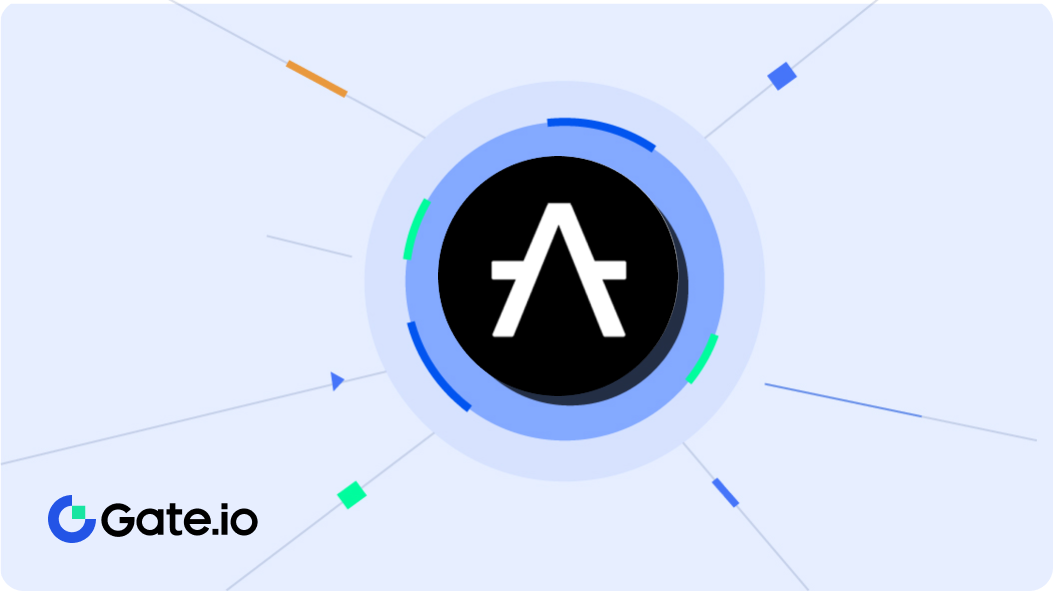Just when the education is done, the learning cycle never ends. It is a cycle that will never stop and in the recent few years, different online course platforms have been introduced. Nowadays schools, colleges, universities, etc. are not the only place where we can gain knowledge.
The demand for e-learning and online courses is growing to new heights and is expected to be worth $325 billion by 2025. Students are preferring more towards the various online course platforms rather than reading heavy and bulky books.
With this, the demand for virtual classrooms is increasing day by day. It is very helpful for both the students and the educator.
In this piece of article, we have reviewed some of the best online course platforms and from that list, we have selected some best platforms for you:
Top 10 Online Course Platforms
1.Skillshare
It’s a great learning environment that focuses on imagination since online courses encourage active doing, not just reading a text. It is one of the best creator pages. Skillshare is perfect for those who are trying to build a team.
That’s because there are more than 21,000 courses specializing in business, photography, architecture, writing, filming, and many other fields.
Skillshare is free to build experience at the premium course. For each minute of content witnessed, they pay teachers $10 for paid membership referrals and monthly royalties.
Their classes are also of high quality, and they will help make sure the class matches their audience’s needs for full effect best.
2.Udemy
Udemy is one of the largest marketplaces for online learning platforms with over 24 million students, 35,000 teachers, and amazing 80,000 + courses. The first step in designing a Udemy course is to sign up as a Premium professor.
It’s absolutely free for students, but it uses a tiered revenue-share system to keep users off a certain percentage break.
Another advantage is the Teacher’s choice. The users can sign up as instructors. Take into account that it is a website for profit-sharing, and that ensures that Udemy uses a portion of the earnings to host the courses.
3.Treehouse
Treehouse is a fairly new platform that believes in educational democratization. Our platform is “engaged in making education open to all races, genders, sexual orientations, and socio-economic backgrounds students.”
They feature 300 + professional coding and technology courses, more than 50,000 students, and more than 27,545 minutes (and counting) of content.
4.Docebo
It is a collaborative and easy-to-use, fully personalized interactive learning platform where students can connect at their convenience. It is a learning management system that allows users to monitor, coordinate, and distribute structured study courses online (both clients and employees).
The learners are able to share their expertise. Not only does Docebo provide an efficient way to broadcast teaching ideas, but it can also encourage cooperation by having users ask questions to get answers.
5.Coursera
Coursera is a qualified online course platform with virtual courses from some of the best organizations and universities in the world, including Michigan University, Duke and Stanford.
Building on top of excellent online courses, Coursera provides exclusive collections that develop valuable skills in a particular area. Using them to boost your credentials. This platform also helps you to receive a bachelor’s or master’s degree over the Internet with a special system that cuts out on-campus living expenses.
Coursera is free to enter, and you must be logged in to see the individual course pricing details. At Coursera, there are three-thirds of class offerings i.e main course, specialization course and online degree program.
6.LinkedIn Learning
LinkedIn Learning (formerly Lynda) is yet another platform dedicated to business professionals online courses.
With more than 1,000 business courses on subjects such as project management, web creation, and digital marketing, they are an ideal forum for professionals looking to keep up-to-date their skills.
They also offer certifications that you can add to your profile on LinkedIn, show your expertise and boost your online resume.
7.WizIQ
This famous platform comes with a smartphone edition, helps reach the mass audience and provides excellent features for customization. It’s more aimed at teachers as WizIQ provides LMS tools and interactive classrooms to those who want to train and teach others.
You can build, upload and sell your courses very easily. The platform will offer them materials and live classes for every student to learn at a comfortable rate. These can be transformed into huge open online courses to improve student retention and increasing revenue streams.
8.Thinkific
The goal of Thinkific is to power the Empire of Education. We are one platform with a comprehensive collection of user-friendly apps, email marketing tools, integration of your lesson membership site, and outstanding 24/7 customer service.
Next, you should sign up for their most famous Pro Plan, and get a one-month free trial. This package gives you the opportunity to build unlimited courses if you want further course sales from the start.
It also features packs and memberships, advanced pricing plans, landing pages, certificates, and marketing tools.
9.Teachable
Teachable is one of the best online course platforms for teachers. Through creating an account, you join 22,000 other teachers who create outstanding training experiences for their students.
You can opt to use the online course platform free of charge (with $1 + $0.10 for all transactions) or select one of their three options from $29/month to $399/month.
This also has graded quizzes, personalized certificates of completion, advanced customizations of the website themes, and support for up to five admin users.
10.Learnworlds
Learnworlds is in the mainstream of eLearning and has everything you need to develop and sell an online course. You can use their library of flexible models and styles to build your course site and even add additional details pages–About, Pricing, Touch, etc.
With limited coding skills, you can use their theme editor to customize the branding and color scheme for your course.
First, you can use their pre-made course catalogs when you’re ready to create your course and add it to your material. These catalogs contain advanced features such as interactive video players, online training, downloadable e-books, and attachments to download.




